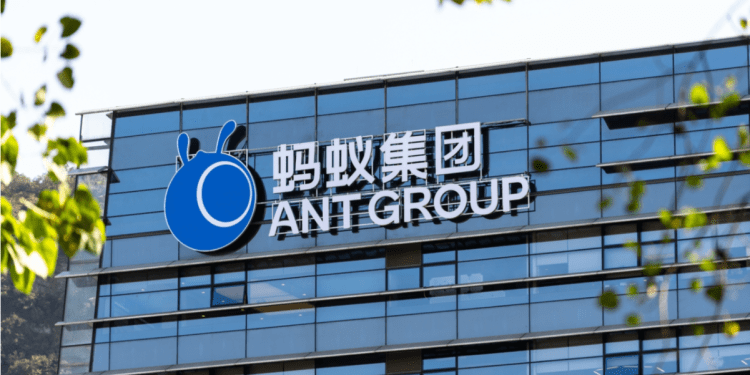- Ant Group, Alipay’s parent company, introduces a new blockchain-focused sub-brand, ZAN.
- ZAN is set to offer a myriad of tech services, including electronic KYC and anti-money laundering checks tailored for the Web3 sector.
- Earlier in the year, HashKey DID, a decentralized identity data aggregator, incorporated ZAN’s electronic KYC technology.
Ant Group, best known for its mobile payment platform Alipay, has announced the launch of its new sub-brand, ZAN, a venture dedicated to the blockchain industry and Web3 developers. The announcement, made on September 8, highlights ZAN’s commitment to a wide range of innovative tech solutions catering to the needs of the emerging Web3 sector.
The services ZAN aims to bring to the table are multifaceted. They are creating tools to assist Web3 firms in issuing and overseeing real-world assets in line with the existing regulatory framework. On top of this, they will roll out electronic identity verification systems, anti-fraud mechanisms, and transaction monitoring procedures specifically designed for Web3 operations.
In addition to these offerings, ZAN’s expertise extends to the review of smart contracts and providing essential infrastructure like node services that assist in the creation of decentralized apps or DApps.
This isn’t the first time ZAN has made waves in the industry. Back in April, at the Hong Kong Web3 Festival, HashKey DID, a platform dealing with decentralized identity data, announced its decision to adopt ZAN’s state-of-the-art electronic identity verification system. Demonstrating further confidence in the brand, HashKey Group made a notable appearance during ZAN’s official launch, marking its entrance as one of the sub-brand’s pioneering partners.
This move by Ant Group seems strategic, especially after reports in July by Bloomberg suggesting the company’s plan to separate its blockchain division from its core business. This is in line with their strategy to secure a financial holding license in China.
Looking at the broader picture, in 2020, Ant Group made headlines when it targeted a valuation of $226 billion, hoping to raise $30 billion through an initial public offering in both Hong Kong and Shanghai. This ambitious move would have surpassed existing records, including the $29.4 billion generated by Saudi Aramco’s IPO. However, these plans hit a snag when they faced opposition from the Chinese authorities.
Hong Kong Embraces Web3 Technology
Hong Kong’s perspective on Web3 reflects an optimistic outlook on the role of this emerging technology in shaping the city’s future. The expansive potential of Web3, reaching beyond just the realm of entertainment, offers prospects for improved transparency, enhanced security, and cost efficiency across various sectors. With an active response from both the startup community and governmental bodies, there’s evident momentum towards integrating this digital innovation.
Recent notable measures underline this commitment, with the rollout of green bonds on blockchain platforms and a substantial $50 million investment directed to Cyberport. Such steps indicate a broader transformation where digital advancements, notably Web3 and associated blockchain mechanisms, are at the forefront.
Financial Secretary Paul Chan Mo-po champions this shift, underlining the crucial role of these technologies in steering the next phase of Hong Kong’s tech growth. The city’s approach, as of 2023, signals not only anticipation but also tangible action to harness the capabilities of Web3.














